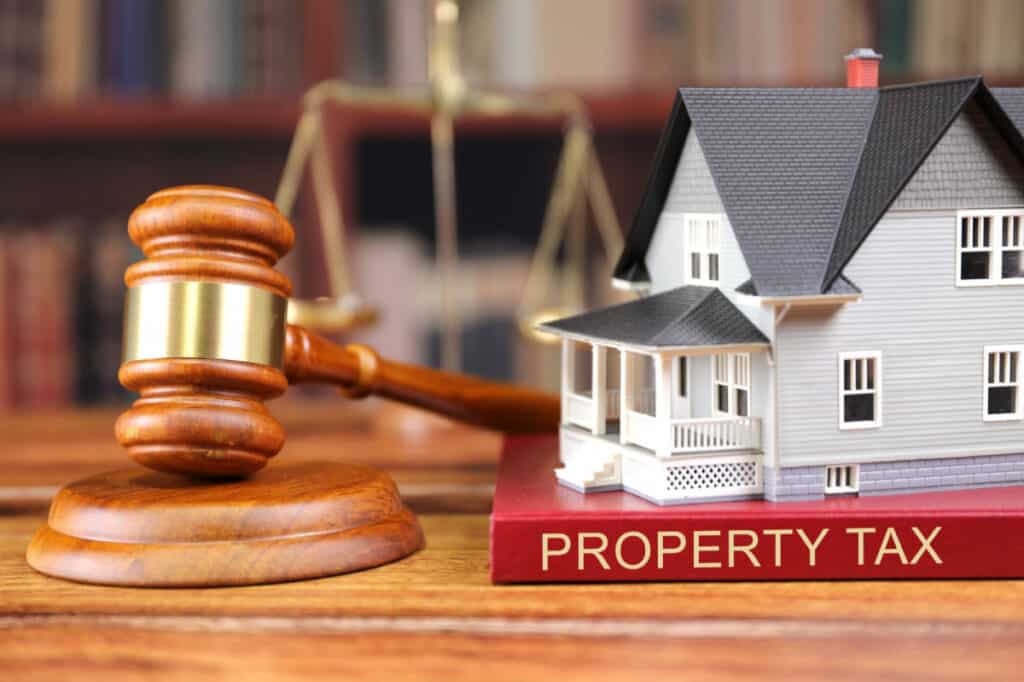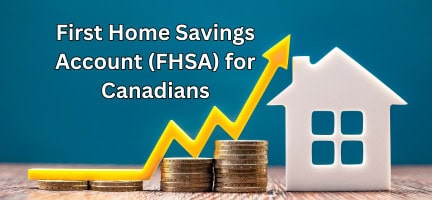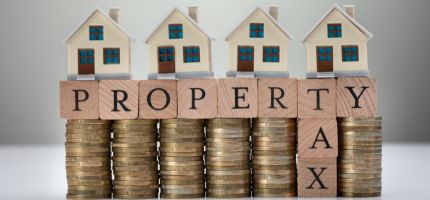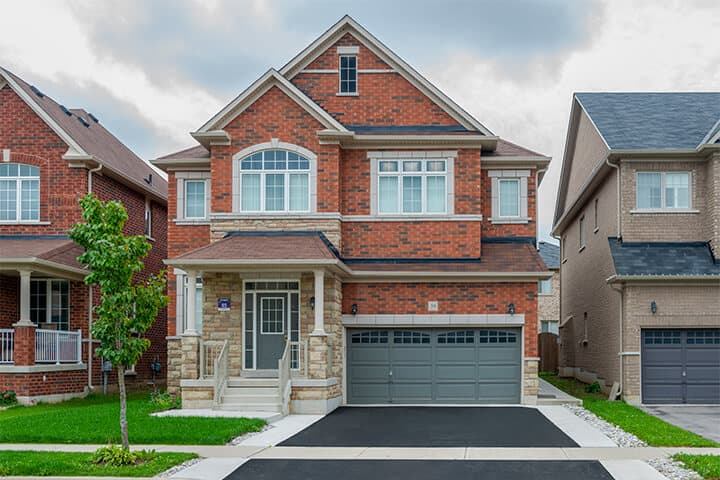Important Facts of Vacant Home Tax in Canada
Is your home vacant in Mississauga or in any other city in Canada for more than six months? Well, you must not gear up for the vacant tax that is levied by the federal government of Canada, and failing to return the taxes might cost you dearly.
What is vacant or underused housing tax (UHT)?
The government of Canada has introduced a robust taxing system which is making the buzz. The new vacant tax or the underused housing tax (UHT) has been started by the government to combat the housing crisis in Canada by discouraging the owner to leave their property vacant. The underused tax or vacant tax is an annual 1% tax levied on the owners of the underused or vacant property for more than six months.

This tax is applied to non-Canadian owners and in some special situations, it is applicable to Canadian owners also. This tax is applicable to only residential properties.
The Canada revenue agency (CRA) has updated that the department has decided to extend the payment of the vacant tax for the year 2022 till October 31, 2023. Any form of penalties will be waived if the tax payment is done before November 1, 2023.
Vacant tax is applicable to whom?
As per the underused housing tax act, it is applicable to the following categories of individuals:
- Owner of a residential property
- A lifetime tenant under a life estate
- An individual who holds a long-term lease
- Individuals who hold of long-term lease who is the continuous possession of the land
Who is excluded from this tax?
Under the underused housing tax (UHT) excluded owners of a residential property are not entitled to pay any form of vacant tax. An exclude individuals or owners includes:
- A person who is a Canadian citizen unless they are included in the list of affected persons.
- Canadian corporation whose shares are listed in the stock exchange of Canada for Canadian income tax purposes.
- Canadian citizenship holders who possess residential property in the form of mutual fund trust, real estate investment trust, or SIFT which is a specified investment flow-through trust for the purpose of Canadian income tax.
- Charity registered for Canadian income tax objective.
- A corporation or an indigenous governing body which is completely owned by an indigenous unit.
- A cooperative housing corporation, a municipality, a public college or university, a school authority, or a hospital authority.
How to calculate the tax?
Any homeowners who come under the category of underused housing tax is subjected to pay 1% of the tax on the assessed value of the property or the current sale price of the property. For calculating the appraisal of the property, the owner can use fair market value.
Homeowners are subjected to submit a copy of a declaration of their occupancy status, failing to which will come under the category of Underused housing tax, and the owner or the individual will be issued a vacant tax notice. Late declaration of the vacant tax will make the individual pay a fine of $250.
The motive for the vacant tax
This tax has been designed to meet the increasing demand for housing units by discouraging the owners of the residential property to keep their properties vacant. There are a considerable number of people in Canada who own multiple properties and retain them vacant. This in turn creates widespread shortages of houses in major cities in Canada.
According to the Canada Mortgage and housing corporation, the real estate market of Canada is facing the tightest housing needs presently. This tax is making homeowners rent their property in order to avoid the compulsion of tax paying. This vacant tax has already started the decrease in the number of unoccupied housing units. As per the federal government of Canada, revenues collected from this tax will be utilized for creating affordable housing.











